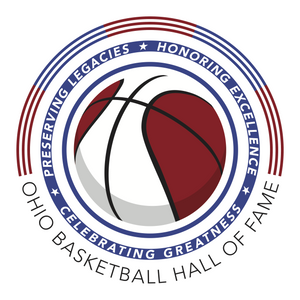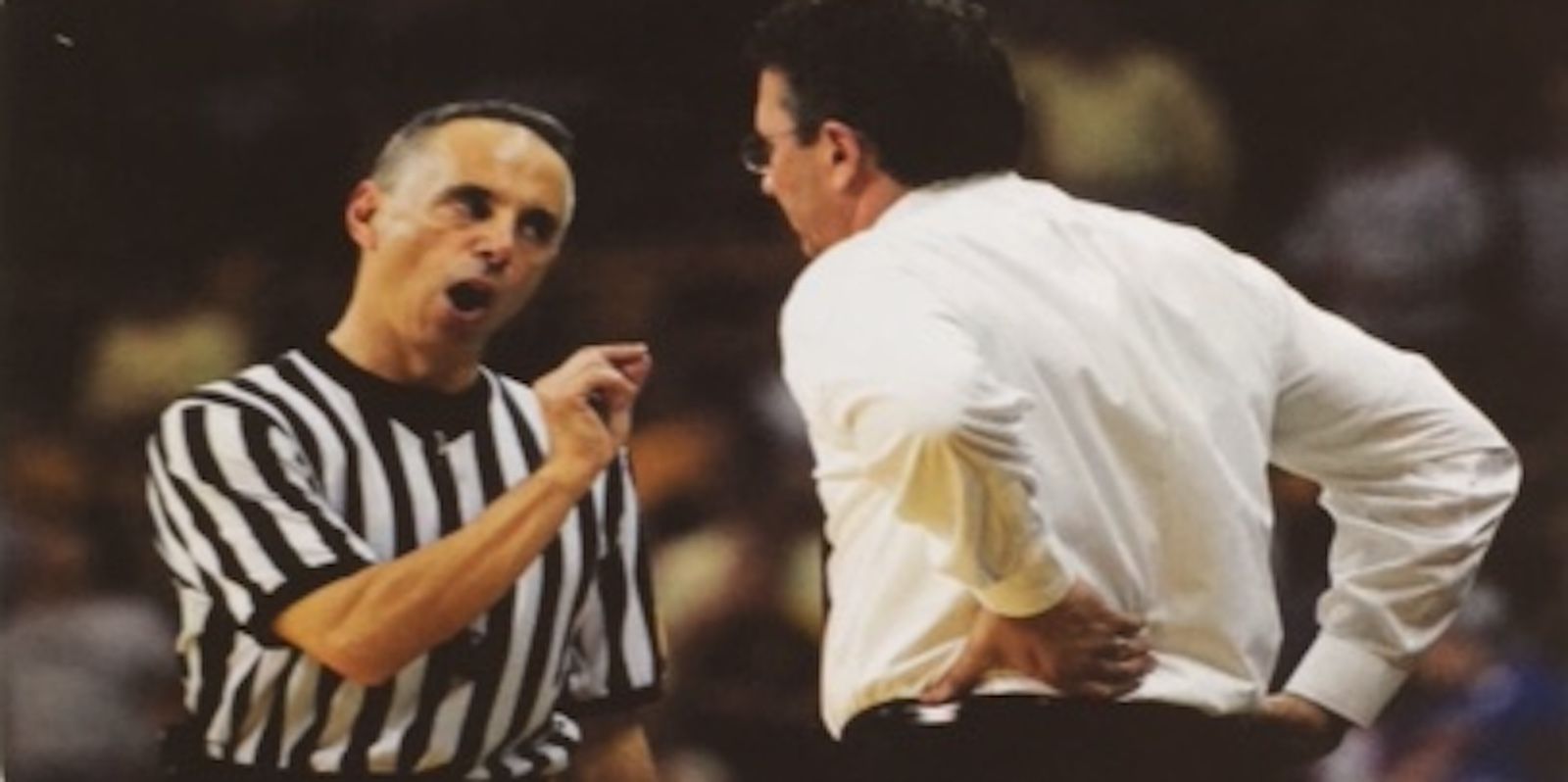Focus Was Key to Officiating Success, Says 2019 Inductee Mike Sanzere
Irony runs deep when you think about a basketball referee being honored by a hall of fame for the sport.
Officials are certainly a big part of the game, but their view of the world is so much different than anyone else involved.
“The best game you ever have is when you walk off the floor and no one knows who you are,” said Mike Sanzere, who worked NCAA tournaments for 25 straight years and will be inducted into the Ohio Basketball Hall of Fame this spring.
“You just do your job.”
It’s easy to see that Sanzere was good at doing that. His resume also includes working three Final Fours and the championship game in 1998.
Even under those spotlights, Sanzere says there is only one way to call a game, and that’s to treat them all the same. During any regular-season game, livelihoods are on the line for the coaches and administrators involved, he said. Beyond that, however, the mechanics of calling a game never change.
For anyone who has officiated any sport, you soon realize that concentration is way more difficult to maintain than you would ever guess.
That’s why friends would sometimes tell Sanzere that they tried to wave to him or get his attention at a game, and it didn’t work.
“You have to train yourself to block out all of the distractions,” Sanzere said. “You can’t take a second off.”
Even so, stepping onto the court in 1994 for his first Final Four wasn’t just another game. Arkansas, coached by Nolan Richardson, and Lute Olson-led Arizona were facing off in Charlotte.
A famous native of Arkansas, President Bill Clinton, was also in the stands, pumping the normal electricity even a little higher.
“There was a lot of extra security, a lot of hype in the game,” Sanzere said.
Four years later, he officiated the finals between Kentucky and Utah, which UK won 78-69 in San Antonio, with more than 40,000 in attendance.
“Obviously, there are some butterflies, but you throw the ball up, then you get into the flow of the game,” he said. “I generally try not to look at more than the perimeter of the court. If I did look up, there probably would be more butterflies.”
A graduate of the University of Cincinnati, Sanzere began officiating when he was a junior at Roger Bacon High School, influenced by his uncle, Jim Disken, a well-known referee.
He did high school games for 10 years before moving on to officiate in the now-defunct Midwestern City Conference in 1979, eventually doing games for nine different leagues, including the Big 10 and Big 12.
Through it all, Sanzere can’t recall having trouble with any coach, including the biggest names in the game.
“I could name you a bunch of coaches who are really great coaches and great people,” he said. “I didn’t really have an issue with coaches. Maybe they didn’t want to pick on a little guy.”
What he does have a problem with is the increasing encroachment on the game being made by instant replay. And even though he no longer calls games, he’s involved with a company, Collegiate Officiating Consortium, that manages officials for six conferences, including the Big 10 and Mid-American.
“You are at the mercy of who runs the replay system,” Sanzere said. “You have amateurs in college athletics rimming the table. You are at the mercy of the guys in the truck who tell you there will be six camera angles and you go to the table and you only get two.”
In his work grading officials, Sanzere said referees get between 92 percent and 94 percent of the call correct on average.
“I went to a private Catholic school, and that’s still an A,” he said.
To further the point, Sanzere says a typical game has 190 whistles, and about four to six calls will be incorrect, or not enough in his opinion to constantly interrupt the flow of the game.
“Replays are ruining sports,” he said. “It’s already ruined football. If you’re going to replay every play, go ahead and play the game on a computer.”
Even though Sanzere liked to go unnoticed when working a game, he said it’s very rewarding to be recognized by his peers.
“No question, it’s an honor,” he said.
Ron Carter is a Columbus-area writer who spent much of his career at The Columbus Dispatch, most recently as Business Editor. He is the grandson of 2011 Inductee Columbus Hines.

